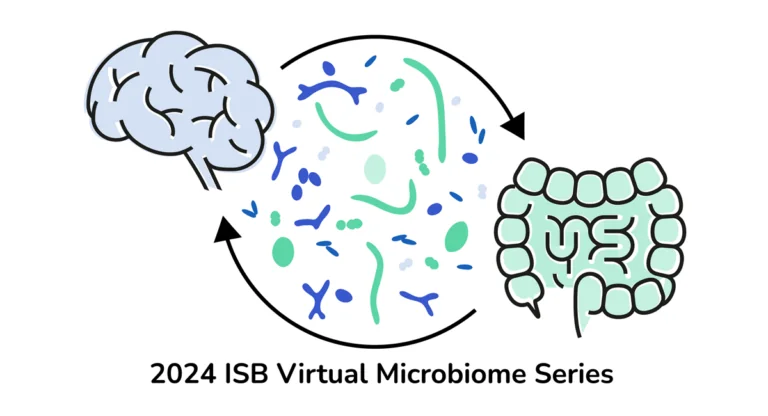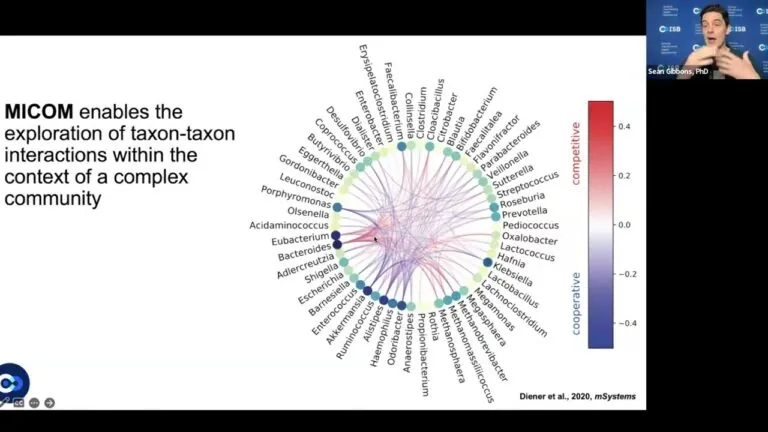
Scientists Decode Diet From Stool DNA – No Questions Asked
ISB’s Gibbons Lab developed a breakthrough method that analyzes food-derived DNA in fecal metagenomes, allowing for data-driven diet tracking without the need for burdensome questionnaires.

ISB’s Gibbons Lab developed a breakthrough method that analyzes food-derived DNA in fecal metagenomes, allowing for data-driven diet tracking without the need for burdensome questionnaires.

Reflecting on the past year, ISB has a lot to celebrate: groundbreaking research published in leading scientific journals, well-earned promotions, widespread media coverage, and more. Enjoy our year-in-review roundup highlighting some of the important, interesting, and impactful highlights of 2024.

ISB has been selected as a winner of the 2024 Amazon Web Services (AWS) IMAGINE Grant. The grant will support ISB’s continued development of My Digital Gut, an online decision-support platform that will help make microbiome-informed nutrition and healthcare personalized, predictive, and preventive.

There has been an explosion of research into the two-way communication between the gut microbiota and the brain. This year, ISB hosted a virtual microbiome series dedicated to exploring the gut-brain axis.

Everybody poops, but not every day. An ISB-led research team examined the clinical, lifestyle, and multi-omic data of more than 1,400 healthy adults. How often people poop, they found, can have a large influence on one’s physiology and health.

Netflix’s “Hack Your Health: The Secrets of Your Gut” is a documentary that merged gut microbiome experts, four individuals – including a well-known hot dog eating champion – facing personal battles with gastrointestinal health, and a unique, effective visual method of “showing” the gut microbiome in action.

ISB researchers have developed a novel way to simulate personalized, microbiome-mediated responses to diet. They use a microbial community-scale metabolic modeling (MCMM) approach to predict individual-specific short-chain fatty acid production rates in response to different dietary, prebiotic, and probiotic inputs.

Dr. Sean Gibbons is creating a new precision nutrition platform called My Digital Gut that leverages the gut microbiome to make nutrition and healthcare personalized, predictive, and preventive. In an ISB Research Roundtable presentation, Gibbons spoke about My Digital Gut and other microbiome-related projects studied in his lab.